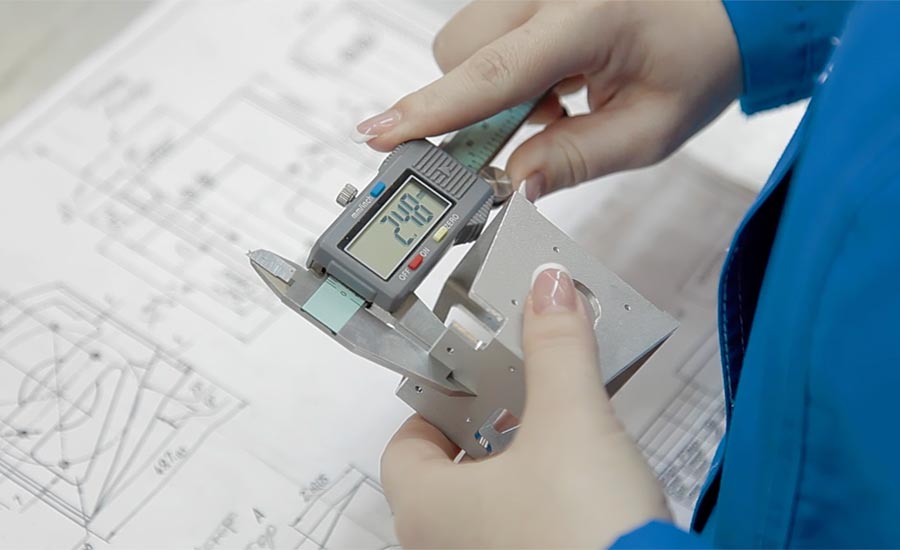In a world driven by technology and precision, the role of a calibration services provider cannot be understated. Calibration is the process of comparing the measurements of an instrument or device against a known standard to ensure accuracy. This critical service is vital in a wide range of industries, from manufacturing and healthcare to aerospace and automotive. In this article, we will explore the significance of calibration services providers and the key role they play in maintaining accuracy and reliability in various fields.
What Is Calibration and Why Does It Matter?
Calibration is the process of adjusting and fine-tuning instruments and equipment to ensure they provide accurate and consistent measurements. Every industry relies on instruments and tools that require calibration to function correctly. Whether it’s a medical device used in patient care, a scale used for precise measurements in manufacturing, or an aviation instrument used for navigation, calibration is a fundamental aspect of quality assurance.
The Responsibilities of a Calibration Services Provider
A calibration services provider specializes in ensuring that instruments and equipment are precise and reliable. They offer a range of services that encompass the following:
1. Calibration Services: Calibration services providers have the expertise and equipment needed to calibrate a wide variety of instruments, from pressure gauges and thermometers to electronic testing equipment. They use reference standards that are traceable to national and international standards to guarantee the accuracy of measurements.
2. Certification: After calibration, these providers issue certificates that document the calibration process, the results, and any adjustments made. These certificates are essential for compliance with industry regulations and quality standards.
3. Maintenance and Repair: In addition to calibration, many providers also offer maintenance and repair services. This ensures that instruments not only provide accurate measurements but also remain in optimal working condition.
4. Adherence to Standards: Calibration services providers must adhere to strict quality standards and procedures to maintain their own calibration integrity. This includes following guidelines established by organizations like ISO (International Organization for Standardization).
Industries That Rely on Calibration Services Providers
Calibration is crucial in several industries, and the reliance on calibration services providers is diverse:
1. Manufacturing: In manufacturing, precision is paramount. Instruments such as measurement tools, pressure sensors, and temperature gauges must be regularly calibrated to ensure product quality and consistency.
2. Healthcare: In the healthcare industry, precision is a matter of life and death. Medical equipment, such as blood pressure monitors, EKG machines, and thermometers, must be calibrated to provide accurate readings for patient diagnosis and treatment.
3. Aerospace and Defense: The aviation and defense sectors rely on calibrated instruments for navigation, communication, and safety. Even the slightest discrepancy can have catastrophic consequences.
4. Automotive: Automotive manufacturing and testing processes depend on calibrated equipment to ensure the safety and efficiency of vehicles on the road.
5. Environmental Monitoring: Calibration is crucial for environmental monitoring equipment that measures air and water quality, ensuring accurate data for environmental protection and research.
Calibration services providers are the unsung heroes behind the scenes, ensuring that the instruments and equipment we rely on deliver accurate and consistent results. They help maintain quality standards, compliance with regulations, and the safety of various industries. Without their expertise and commitment to precision, our modern world would be fraught with inaccuracies and inconsistencies, leading to potential risks and costly errors. In a world where precision matters, calibration services providers play a pivotal role in maintaining the highest levels of accuracy and reliability.

